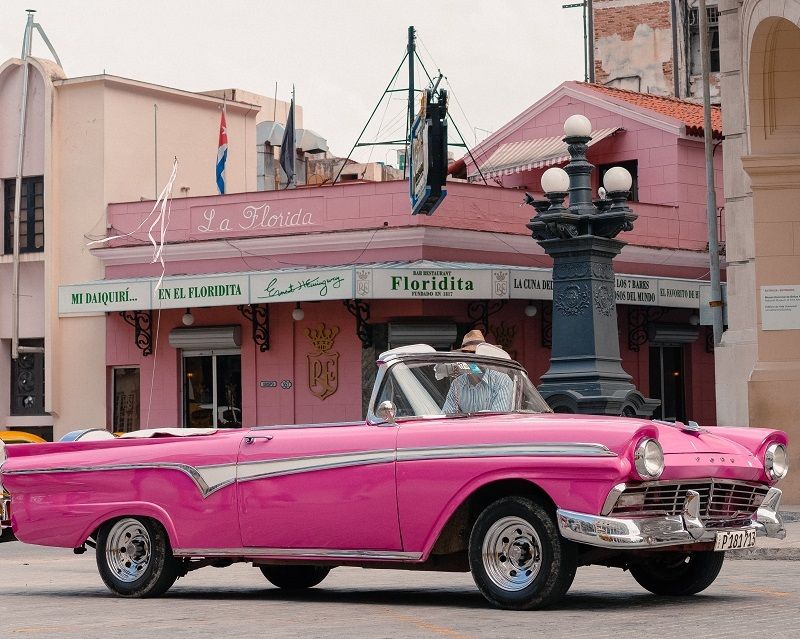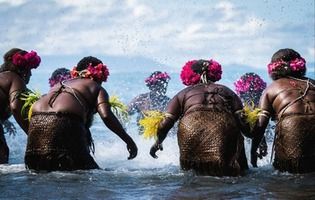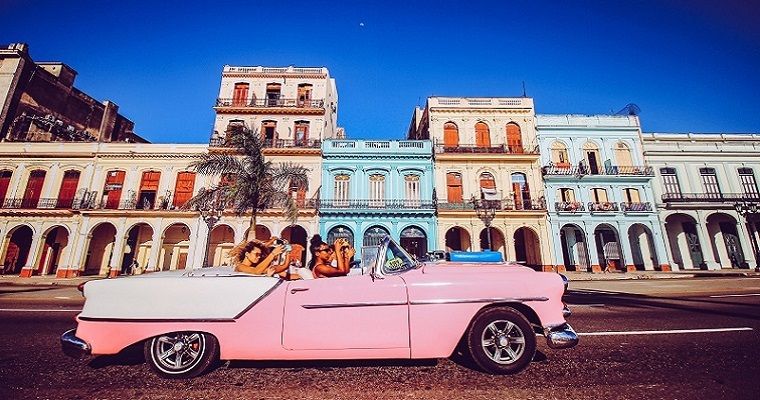
The idea that Cuba is unsafe has been one preventing travellers from escaping to this amazing island. The crime rate in Cuba is actually lower than in many other countries. The lack of access to information on the internet has kept people from understanding how safe it really is, and some media outlets outright inaccuracies have created fear that’s unfairly stopped tourists from coming here for generations.
The misconception about this Caribbean Island makes us sad because there's so much beauty yet still hidden beneath our ignorance.
Tourists say they feel safe in Cuba
Cuba is generally safe to travel to. The US Overseas Security Advisory Council (OSAC) released a study in March 2021 that showed Cuba is generally safe to travel to. The biggest concern of safety was potholes on the road, airborne viruses caused by mosquito bites, and drinking. Bottled water may solve this problem entirely as long you stay hydrated throughout each day.
Like many other destinations, there's potential for tourists to be faced with pickpocketing and currency scams. This can happen even if you're just walking around public places - it may not seem like something that would affect your trip, but it does! It’s important always to remain aware of where crowds gather, so no one takes advantage of genuine unawareness about these issues, the best way is local tour guides on your side and being able to provide security tips.
Cuban Laws and Culture protect tourists
Tourists to Cuba are important for the economy and government so they have strict laws to protect them. For example, there is jail time if you commit petty theft as well as severe penalties. Panhandling is also illegal to protect their tourist experience from minor annoyances or scams like begging on street corners asking "Por favor."
Illegal substances (drugs) and related crimes are strictly prohibited in Cuba
The government of Cuba is strict in its enforcement against the illegal use, sale, and trafficking of drugs. There have severe punishments enforced by police that can include imprisonment. In addition, these laws also apply to locals as well so tourists will have no problem staying safe while they're on holiday.
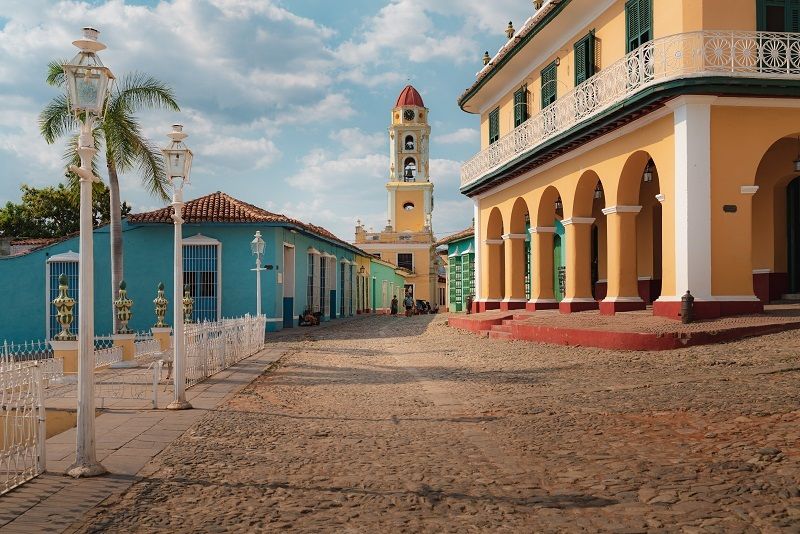
No gangs and negligible homeless residents
The Cuban culture is built on extended family support networks, which helps them avoid the negative impacts of homelessness. Government makes sure that there are laws against being without shelter or having too little food in one's household; thus, you will not see homeless people walking around street corners.
Strict gun control policy
The country has one of the lowest rates of civilian firearms ownership and restrictions on guns are extremely strict - only government officials or people with special permissions can purchase them. There are strict laws against owning guns, which makes buying them an extremely difficult task for everyone else too!
Low terrorism threats and political violence
While it may come as a surprise to some, even the OSAC (US Overseas Security Advisory Council) rates it at low risk for political violence. The U.S Department of State also sees no indication that terrorism will happen in Havana or anywhere else in Cuba because they rank 135 out of 163 countries when looking at the Global Terrorism Index 2020 which makes them far safer than most places around the world.
Cuba is a safe place to visit. Your tour company and their operators take safety seriously, which means they'll cancel any travel arrangements if it appears that your security could be threatened by the local conditions or any changes that could affect tourists.
Get your travel insurance
To travel to Cuba, you must have the appropriate travel insurance coverage. This includes COVID-19 and repatriation services as well as hospital care in case of emergency while there! You should also consider adding options such as cancellation or extension on flights/tours with your policy if needed so that anything that changes doesn't mean cancellation of your trip. Your Cuba travel specialist can help you understand what to look out for in a travel insurance policy.
Print copies of your travel documents
In a world where we're always looking for ways to be more efficient, the idea of going paperless is a good one. The problem? When you travel in countries with limited Wi-Fi access and where printing options may be difficult, you must come prepared! Keep a copy of your passport, credit cards, and insurance document both in printed form and on your phone so they’re accessible in case something happens.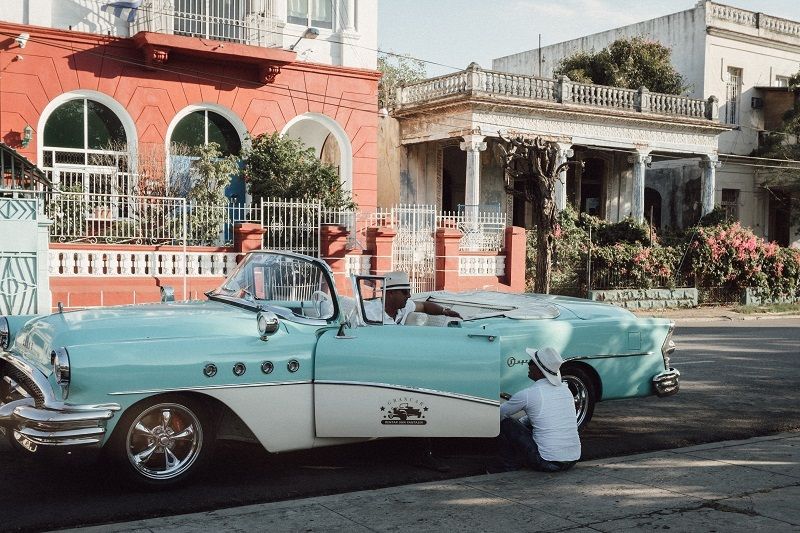
Get a Visa (Tourist Card)
Make sure that you always carry your Visa (aka Tourist Card) with you, and be prepared to show it if asked. If an extension is needed, you might be asked to present it before applying so that you can prevent possible delays in processing time or fees associated with obtaining another stay longer than expected.
Make sure to pack basic medicine and first-aid essentials
To ensure a safe and enjoyable trip, it is important that you pack your medications in case of an emergency. Cuba’s healthcare system is known for its high-quality doctors, but their resources are limited so be prepared with all essential first aid items as well! Your tour operator will likely offer a Health & Hygiene Checklist if want to help prepare yourself before leaving on the adventure of a lifetime, ask your travel agent for assistance.
Cash is king in Cuba
In Cuba, cash is king! Travellers won't have a lot of access to ATMs. Even when you can use them withdrawals offer abysmal exchange rates. Look at your tour inclusions as they will likely cover most items you may need for your stay; however, it is better to take more money than to get caught short of funds. You can always bring back excess cash. If possible, try and budget around EUR 50-150 per day.
Verify the vaccination requirements
While Cuba no longer requires vaccination records, you may need to show your vaccinations when travelling there depending on your airline and transit point requirements. Consult your doctor before going so that he/she can recommend any additional vaccinations if needed before your departure.
Seat-belts policy
The safety of tourists is very important, so your tour operator's drivers will enforce strict seat belt policies that all passengers must follow.
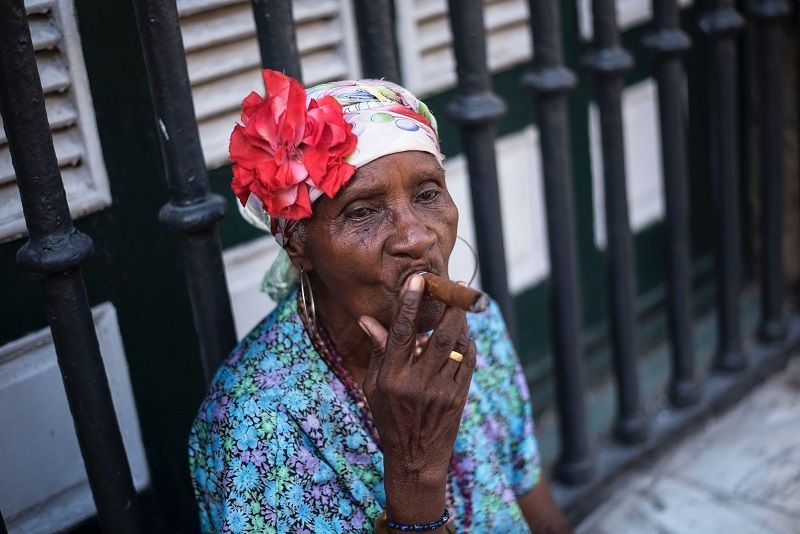
Drinking tap water is not advisable
We want to make sure that you stay hydrated, so we recommend only drinking bottled water and bringing a water bottle with you so we can top you up with safe drinking water. The reason for this is to reduce plastic waste by buying large containers rather than small ones. Overall, it will help Cuba keep their environment clean too!
Avoid touching animals
The streets are filled with cats and dogs. Your casa owner might have pets too, but it's important not to hold them or pet these animals as they can carry bacteria on their fur!
Keep vigilant while walking on the street and sidewalk
Ladies, think carefully about wearing high-heeled shows! Even in regular shoes, you need to be mindful of uneven surfaces, especially at night. Also, look both ways - old cars in Cuba often cannot quickly avoid a poorly timed jaywalk!
Have your tour operator's emergency contacts on your phone
In the unlikely event, that you need emergency assistance on your trip, your tour operator crew and guides will assist you! They'll provide contact details and instructions upon arrival so that they can be easily accessed in case of an emergency.
Safety begins with self-awareness
To ensure a safe and enjoyable trip, we recommend that you leave your expensive jewellery at home, always keep an eye on your belongings, and don't carry all the cash you might come across. Lock up your passport or any important documents safely. Just carry what need for an experience rather than taking excess baggage because you may feel anxious about leaving it behind. These simple steps will ensure an enjoyable trip to Cuba!
Ready to explore Cuba? Speak with a Cuba specialist and feel confident to travel with an expert by your side. Search for your Cuba Travel Expert now.
